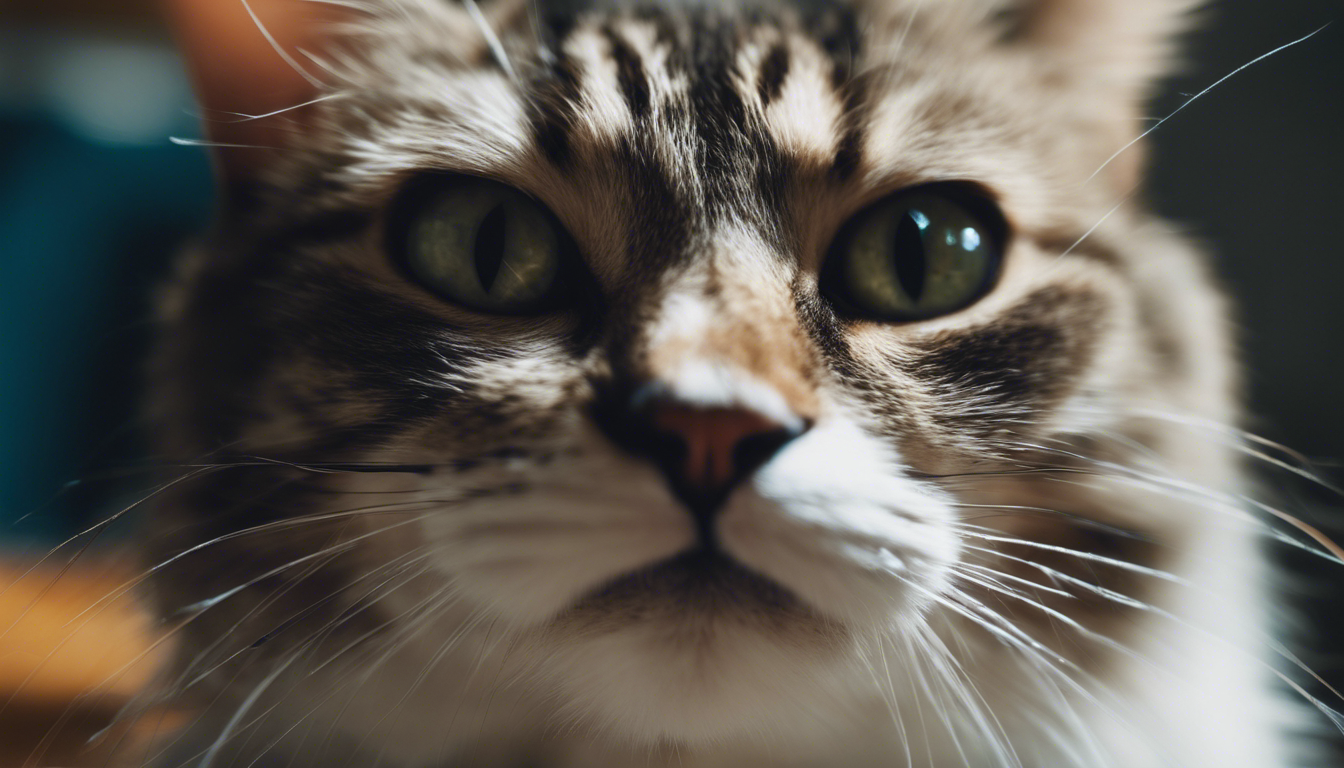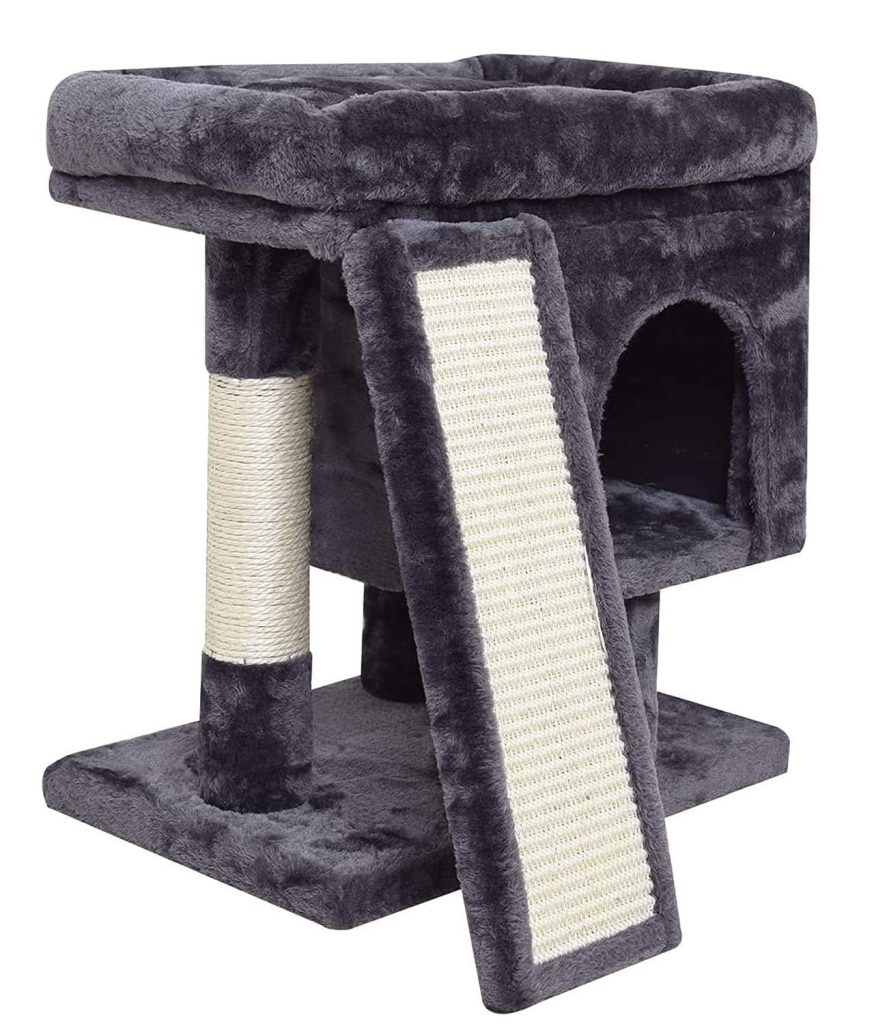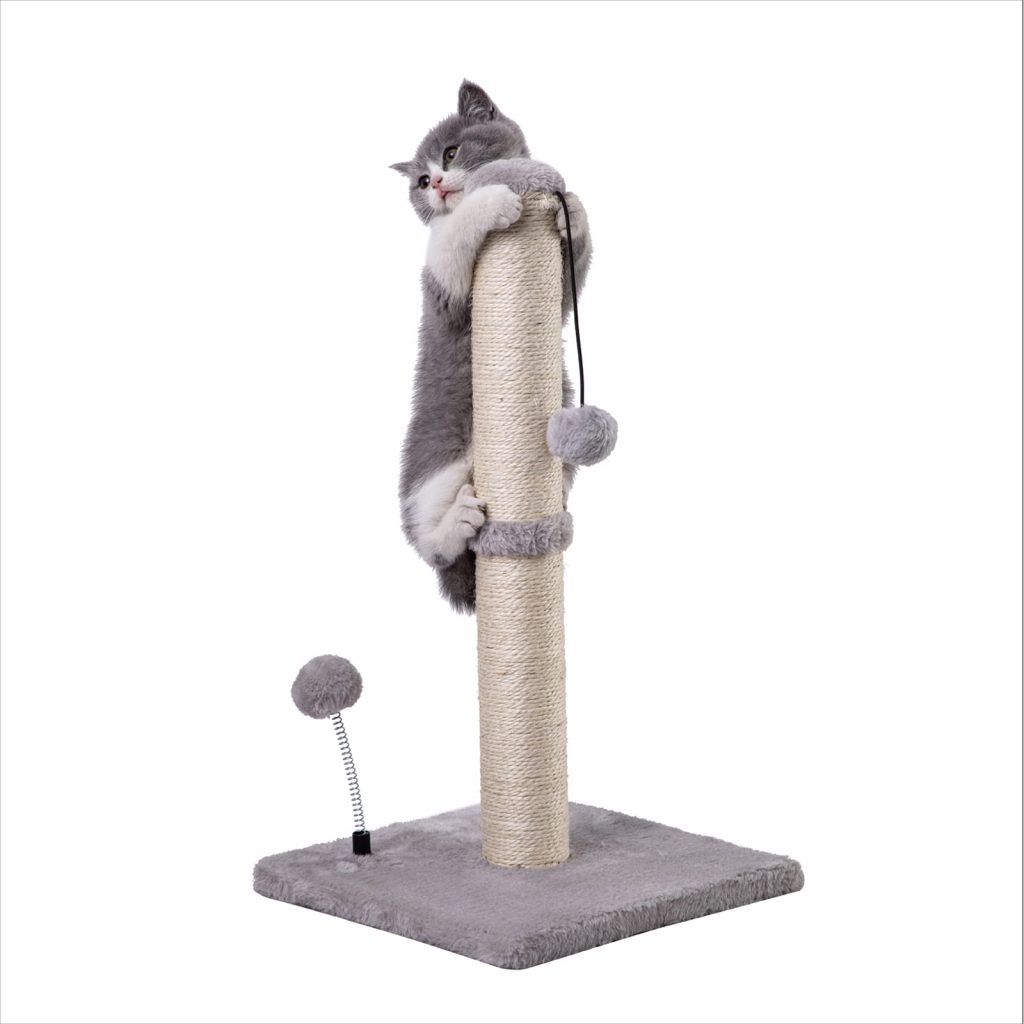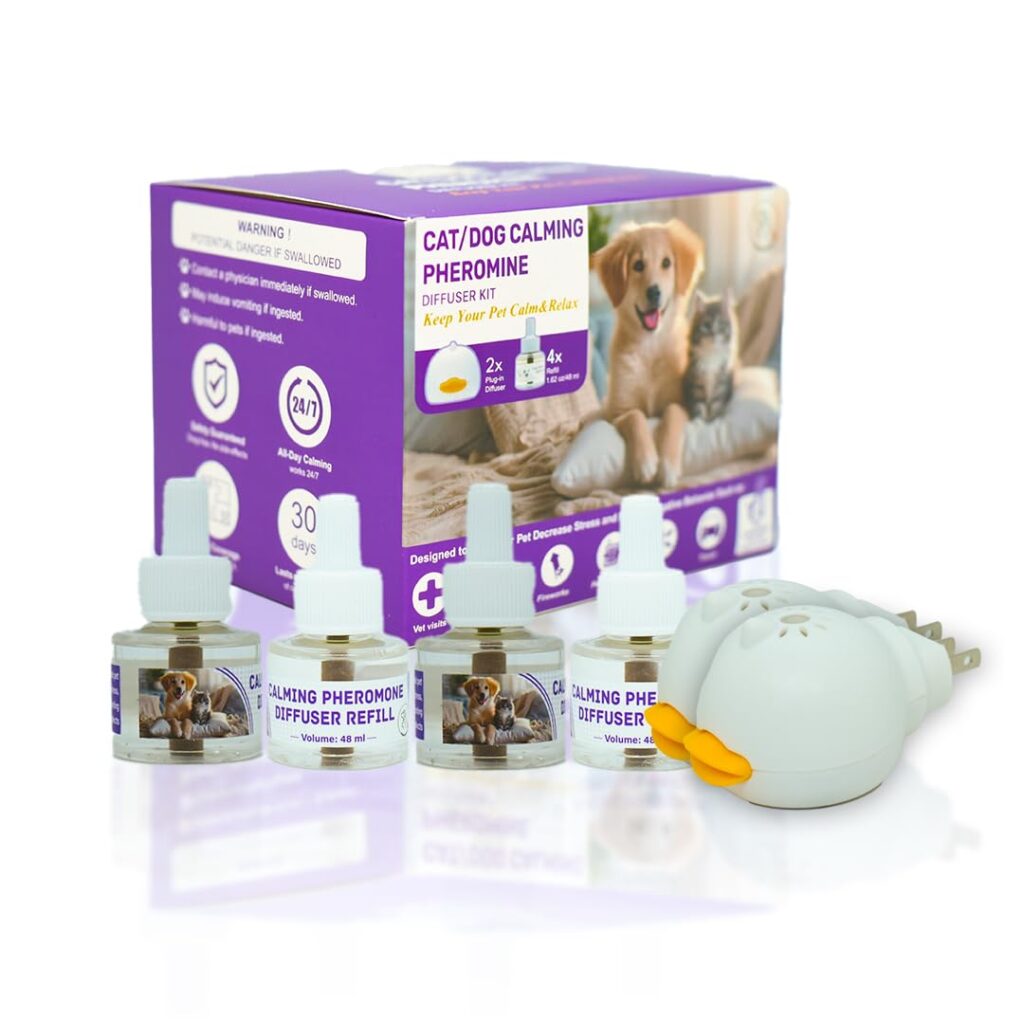
A harmonious relationship between humans and their feline companions is a goal for every cat owner. Cats, like any other animals, have their unique personalities. While most cats are gentle and docile, some can display aggression. Coping with cat aggression is important not only for the well-being of the humans in the household but also for the overall health and happiness of the cat.
Understanding Cat Aggression
Aggression in cats can manifest in various ways, such as scratching, biting, hissing, or vocalizing aggressively. It may be triggered by fear, territoriality, redirected aggression, play aggression, or social aggression. Recognizing the underlying cause of aggression is essential to address the issue effectively.
Feline Health and Aggression
It is important to note that aggression in cats can be attributed to medical conditions. Pain, discomfort, or illness can cause a typically calm cat to become aggressive. Therefore, if your cat’s behavior suddenly changes and becomes aggressive, it’s necessary to consult with a veterinarian to rule out any health problems.
Additionally, ensuring that your cat is receiving proper nutrition is important for their overall well-being. A balanced diet that meets all their nutritional needs plays a significant role in keeping a cat mentally and physically healthy. Malnutrition or deficiencies can lead to behavioral issues, including aggression.
Tips for Coping with Cat Aggression
1. Provide a Safe Environment
Cats may become aggressive when they feel threatened or scared. It is essential to create a safe space for your cat where they can retreat and feel secure. This could be a separate room features an comfortable bed, litter box, water, and toys.
2. Identify Triggers and Manage Them
Observe your cat’s behavior closely to identify triggers that lead to aggression. It could be certain sounds, smells, or interactions. Once you identify these triggers, take steps to manage them. For example, if your cat becomes aggressive during playtime, modify the play style or use interactive toys that keep a safe distance.
3. Establish a Routine
Cats thrive on routine, and establishing a consistent daily schedule can help reduce stress and aggression. Provide regular feeding times, play sessions, and grooming sessions. This predictability helps cats feel secure and minimizes any uncertainties that may trigger aggression.
4. Positive Reinforcement Training
Positive reinforcement training can work wonders in reducing aggression. Reward desired behaviors with treats or praises and avoid punishment or negative reinforcement. This approach helps your cat associate positive experiences with good behavior, encouraging them to repeat it instead of resorting to aggression.
5. Encourage Mental Stimulation
Boredom or lack of mental stimulation can contribute to aggression in cats. Provide plenty of interactive toys, scratching posts, and opportunities for play. Engaging your cat in puzzle toys or clicker training exercises can also provide mental enrichment and distract them from aggressive tendencies.
6. Consult with a Professional
If you are struggling to cope with your cat’s aggression despite your best efforts, seeking guidance from a professional animal behaviorist or veterinarian with experience in feline behavior is advisable. They can assist in diagnosing the underlying cause and providing tailored solutions to manage the aggression effectively.
Note: Avoid attempting to physically punish an aggressive cat, as it may exacerbate the aggression and damage your bond with the cat.
The Positive Impact of Coping with Cat Aggression
Investing time and effort into coping with cat aggression can have a high number of benefits for both you and your feline companion. By addressing the root causes of aggression and implementing effective strategies, you can significantly improve the overall well-being and quality of life for your cat.
A harmonious environment leads to reduced stress levels for both humans and cats, promoting better physical and mental health. It also builds a strong bond between you and your feline friend, enhancing the joy and companionship you share.
Remember, coping with cat aggression is a journey that requires patience, understanding, and consistent effort. With the right approach and proper care, you can create a harmonious and peaceful living environment where your cat can thrive.







